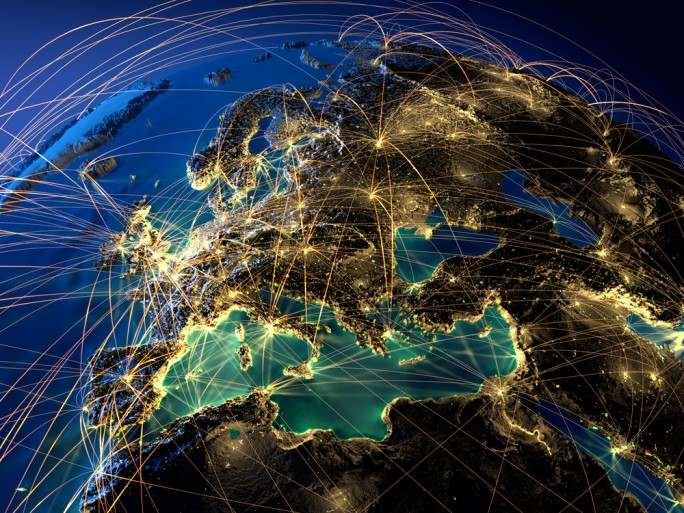Google Shifts European Data Seat To Dublin

Google has officially designated its Irish subsidiary as being legally responsible for users’ data under the GDPR, as impact of new regulations continues to make itself felt
Google is making changes to the way it provides services to users in Europe as it adjusts to the new regulatory environment of the General Data Protection Regulation (GDPR), which came into force earlier this year.
The changes, which are planned to take effect on 22 January, 2019, include changing who the “service provider” is for its services in Europe, including Gmail, Google Maps and others.
For legal purposes, that service provider will next year become Google’s subsidiary, Google Ireland Limited, located in Dublin, where Google has its European headquarters.
That office will also become the data controller legally responsible for users’ data under the GDPR, Google said in a blog post.
 One-stop shop
One-stop shop
The GDPR allows companies to centralise data protection procedures through a “one stop shop” policy, and the shift to Ireland is Google’s move to do so, it said.
The change means Google will engage with European data regulators and law enforcement via its Dublin office.
Currently the “service provider” for European users is Google LLC, in the US.
Google said the changes are reflected in new general terms of service and privacy policies, which are currently available to view, and will officially change in January.
The company said it’s also making similar changes to separate terms for Google Drive, Play and YouTube services.
Seismic shift
The change affects users in Switzerland and the European Economic Area (EEA), the entity through which countries such as Iceland, Leichtenstein and Norway, which are not in the EU, nevertheless participate in the European Single Market.
Google said it began notifying users in the EEA and Switzerland of the changes this week.
“It’s important to note these changes do not in any way alter how our products work or how we collect or process user data within our services,” Google said.
The GDPR has meant a seismic change for a wide range of organisations, including ICANN, which organises internet domains, and which was apparently taken off guard by the shift.
The adtech industry has also been forced to make significant moves to adapt, as have content providers.
The GDPR has created so much uncertainty for online publishers in the US that a number of major publications there remain unavailable to European readers.